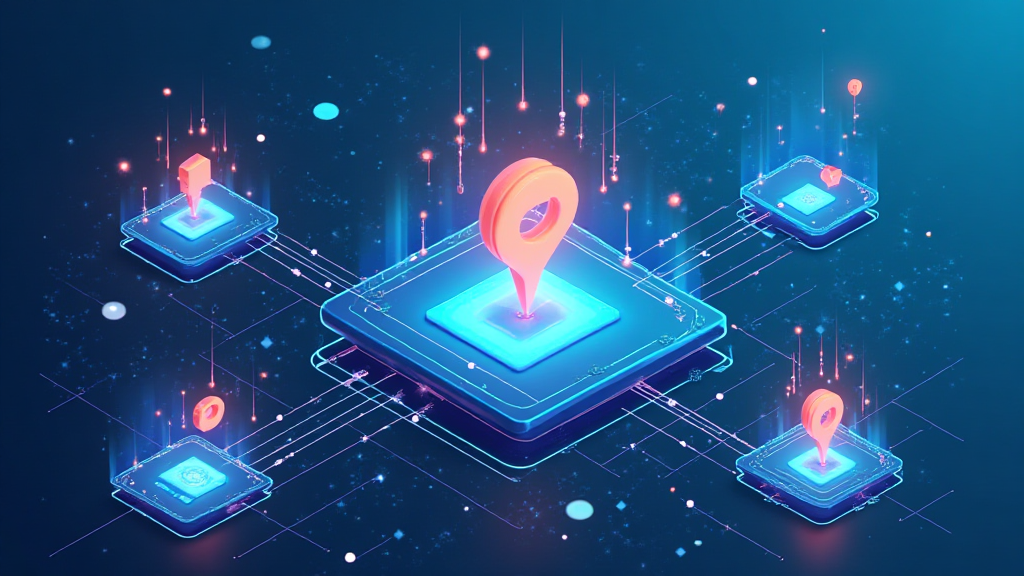Exploring Vietnam’s Blockchain DAO Voting Systems
In 2024, the global blockchain sector was impacted significantly by vulnerabilities, with reports indicating losses of around $4.1 billion due to various hacks in decentralized finance (DeFi). As Vietnam embraces rapid digital transformation, the focus shifts towards establishing robust decentralized autonomous organization (DAO) voting systems, especially with Vietnam cementing its place as a leading beacon for crypto innovation in Southeast Asia.
Understanding how these systems work can be daunting; however, this article breaks down the essential components of DAO voting systems in Vietnam, elaborating on their structure, benefits, and what the future holds for this exciting technology.
What is a DAO?
A Decentralized Autonomous Organization (DAO) is a type of organization represented by rules encoded as a computer program. DAOs are designed to be automated and enable token-based governance. Members can propose changes, vote on important matters, and create incentives through community-based decisions.

The Rise of Blockchain Technology in Vietnam
- Surge in Blockchain Adoption: According to recent surveys, the Vietnamese crypto user growth rate reached over 40% in 2024.
- Government Initiatives: The Vietnamese government has begun implementing regulations aimed at fostering innovation in blockchain technologies.
- Education and Resources: Increased cybersecurity awareness has stimulated growth in localized blockchain education programs.
Understanding DAO Voting Mechanisms
DAO voting systems empower users to actively participate in decision-making processes. Here’s how the voting systems typically function:
- Token-based Voting: Users need to hold DAO tokens to cast votes. The more tokens held, the more voting power they possess.
- Proposal Submission: Members can submit proposals requiring voting from the community.
- Voting Period: A specified time is allocated for members to vote on proposals. Decisions are made based on support levels.
Benefits of DAO Voting Systems in Vietnam
DAOs provide numerous benefits that efficiently address the governance issues of traditional governance.
- Transparency: All transactions and voting results are recorded on the blockchain, promoting transparency.
- Reduced Corruption: Decentralization diminishes centralized control, reducing opportunities for corruption.
- Inclusive Participation: DAOs encourage token holders to engage in decision-making, fostering community involvement.
Challenges and Vulnerabilities in DAO Voting
As with any system, DAO voting mechanisms face their challenges. Let’s break it down:
- Smart Contract Vulnerabilities: Bugs in smart contracts can lead to significant financial losses. Regular audits become crucial.
- Token Manipulation: Whale investors with large holdings can disproportionately influence decisions.
- Low Voter Turnout: Engagement can often be low, leading to a situation known as governance apathy.
Case Studies of Successful DAO Implementations
Several prominent DAOs have successfully showcased how this model can reshape governance:
- MakerDAO: A decentralized finance platform that allows users to create and manage the DAI stablecoin.
- Compound: A lending protocol that lets users deposit assets and earn interest based on the community’s governance decisions.
- Curve Finance: A multi-chain decentralized exchange that provides liquidity through governance protocols.
The Future of DAO Voting Systems in Vietnam
With the increasing interest in blockchain technology and DAO implementation within Vietnam, the outlook remains positive. The government has proposed working regulations aimed at integrating blockchain technology more coherently within various sectors.
As the Vietnamese market continues to develop, innovative DAO solutions will likely emerge, offering enhanced security and trust in administrative processes. They provide a robust alternative to inefficient legacy systems.
Conclusion: Embracing DAO Voting Systems
In summary, as Vietnam takes steps towards broader blockchain integration, the implementation of DAO voting systems holds immense potential to transform governance. Stakeholders must remain aware of potential vulnerabilities and push for strong cybersecurity measures, including regular smart contract audits.
Vietnam stands at the forefront of blockchain technology, and with initiatives such as these, the future looks promising, not just for local ecosystems but also for the wider Southeast Asian market.
If you’re interested in navigating the exciting landscape of cryptocurrency and blockchain innovations, consider exploring platforms such as cryptopaynetcoin.
**Author: Nguyễn Văn Nam, a leading expert in blockchain technology, has authored over 30 papers in the field and led audits for several high-profile projects.**



